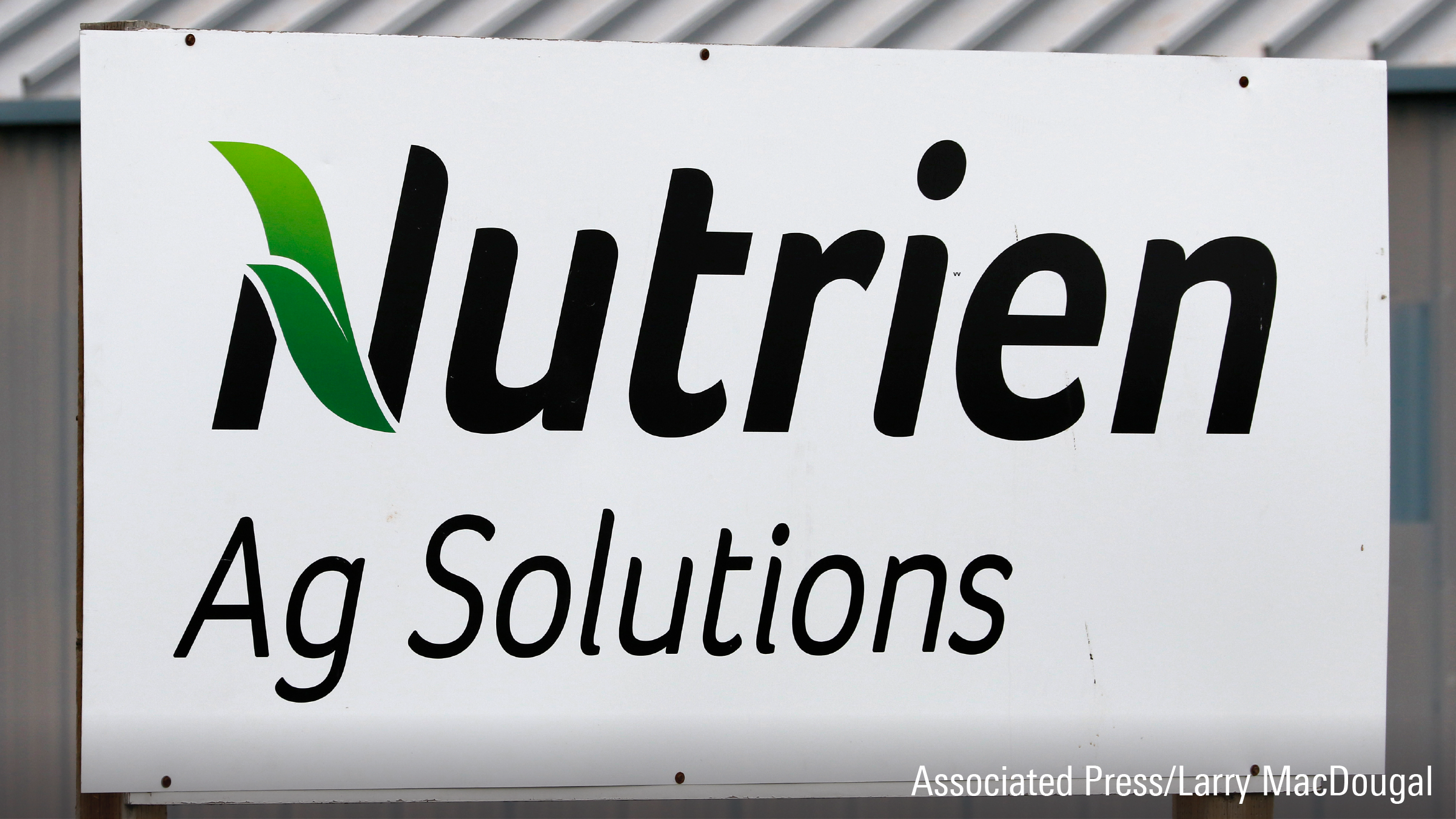Jeremy Glaser: For Morningstar, I am Jeremy Glaser. After months of speculation, U.S. Airways and American Airlines' parent, AMR, have finally announced a merger. I'm here today with Morningstar equity analyst Basili Alukos, and we are going to look at some the details.
Basili, thanks for joining me today.
Basili Alukos: Your welcome Jeremy. Thanks for having me.
Glaser: So, let's look at some of the nuts and bolts of this deal. What did the two boards finally agree on?
Alukos: What they are saying is that the combined entity will be worth around $11 billion. Of that, U.S. Airways shareholders will get 28% of the entity and then AMR stakeholders, including unsecured creditors and surprisingly some of the equityholders, will get the remaining 72%.
Glaser: So, this is going to create an enormous airline, that will control over quarter of the domestic capacity. Are there any regulatory issues here? Do you think this deal will close in the third quarter like they have been saying?
Alukos: There has been a lot of scrutiny around the airline industry given the large mergers that have occurred over the past couple years. From what I understand, there is very limited overlap in routes. Actually, U.S. Airways and AMR said today of about 900 flights or so, they have only 12 overlapping routes, suggesting that it will be a pretty easy process as far as the regulators are concerned.
Glaser: So, when we have this big amount of consolidation with these two companies, does it improve their route network incredibly, or is it just a matter of taking a competitor off the landscape?
Alukos: I think it's a little bit of both. So, if I look at AMR as a stand-alone company, they are pretty weak on the East Coast. Now, that they have access to U.S. Airways' network, it creates a behemoth on the East Coast, and actually they will jump to the number-one position in that region. That's the one part, and secondly as far as removing a competitor, you are absolutely correct. They won't have to worry so much about pricing, but primarily you are able to eliminate some of the overhead, so that the combined entity will be more profitable.
Glaser: What kind of synergies are they expecting in bringing these two companies together, and do you think they'll run into any of the integration problems that have plagued United recently and also that Delta saw when they took over Northwest?
Alukos: So, the combined entity is talking about a $1 billion in net synergies. That's around $900 million from network synergies like being able to optimize routes and get better pricing power. They are expecting around another $550 million or so in cost cuts from reducing overhead, reducing redundant routes. And then they are going to receive some dissynergies as they are going to give an additional amount of money to labor and other parties. As far as the integration is concerned, I don't think they'll have as difficult of a process. This is actually U.S. Airways' third attempt to make an acquisition. They tried Delta once when Delta was in bankruptcy. They actually had two separate attempts for United, if you go back to 2001, and then actually 2008, 2010, so call it three. So, they've had a lot of planning and lot of experience on the merger front, and I think they've learned a lot from the problems that United and Continental as well as Delta-Northwest. I imagine it will be as seamless of a merger-integration as you could get.
Glaser: Youmentioned that labor was getting some extra money here. One of the reasons that American went into bankruptcy was to try to lower their labor costs. Do you think the combined entity will have low enough costs to be competitive?
Alukos: Yes. So, the $550 million that they've talked about, that's an additional amount that employees will get by the value of the merger because the combined entity will be able to actually extract some merger synergies. So, if you go back prebankruptcy, like you mentioned, AMR was in substantial cost disadvantage from their labor, with their pension, plus a revenue disadvantage because some of the contracts disallowed them to outsource some of their flights to regional carriers. So, when you look at the combined value of the synergies and eliminating some of these restrictions, taking into account the dissynergies, it's still going to be more profitable than it would have been if AMR would have gone as a stand-alone firm.
Glaser: So, it seems like we are now at the end of airline consolidation at least in the U.S. There don't seem to be any other big mergers affront. Is the industry now completely rational? I mean are we going to start seeing big economic profits out of the airlines now?
Alukos: We are getting there. I think now the top four airlines represent about 83% of the domestic capacity, which is substantially improved from where it was call it 2000 where there were about 10 or 11 players. So, from that perspective, it suggests there is pricing power. There has been some rationalization, and so maybe the airlines are on the verge of creating a positive economic moat trend or maybe go so far off to say possibly a narrow moat, as Warren Buffett cringes at that comment.
But primarily we are looking at an industry where it's still a commodity, and so I have a hard time believing that as you are selling a commodity, you are able to garner some type of pricing power. I think last year there were about six successful fare increases out of at least 15 attempted increases. So, that's only 40%. I have a hard time imagining that a monopoly or oligopoly or rational industry is successful with only 40% of the price increases.
Glaser: Basili, thanks for your thoughts today.
Alukos: No problem. Thanks for having me.
Glaser: For Morningstar, I'm Jeremy Glaser.























